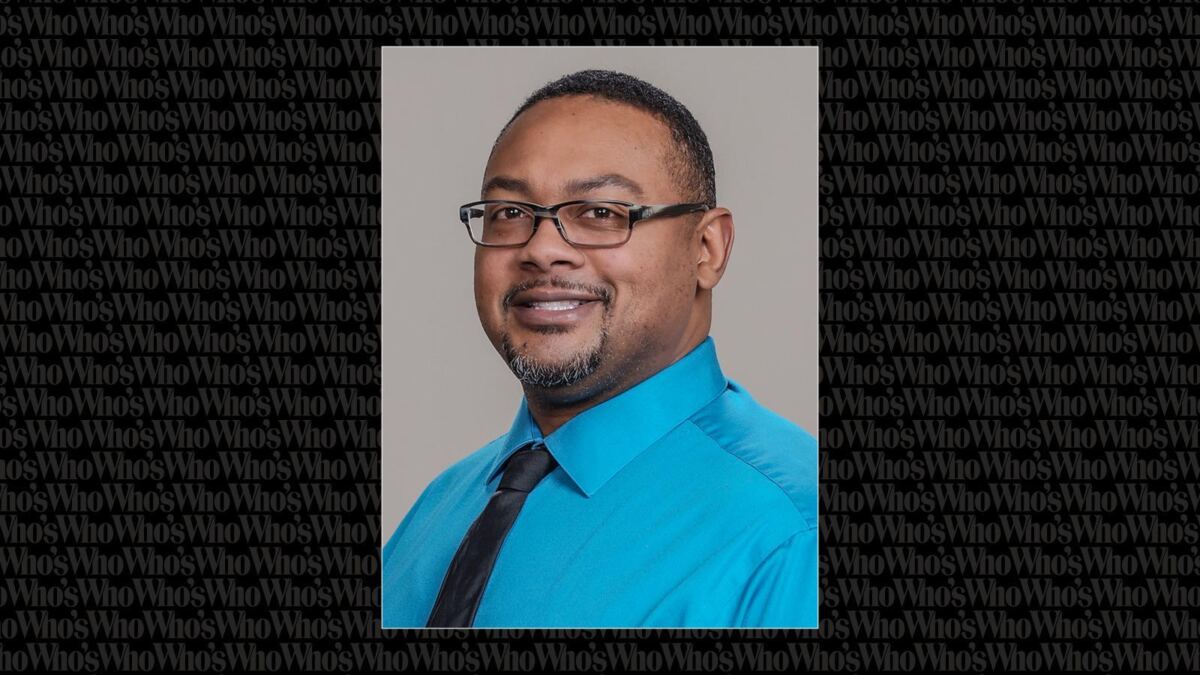Psychology continues to evolve as researchers and clinicians explore new approaches to treatment, from personalized medicine to the therapeutic use of psychedelics. At the forefront of these changes stands Darren D. Love, PsyD, MSCP, MCST, MBS, CPM, CTMH, a clinical health psychologist at Walter Reed National Military Medical Center.
With a career dedicated to mentoring and patient care, Dr. Love has built a reputation for helping people reclaim their lives while preparing the next generation of psychologists to lead with compassion and skill.
Building a Career in Health Psychology
Dr. Love specializes in treating chronic pain conditions and serves military personnel, dependents, and retirees at Walter Reed. “My goal is to empower individuals to lead fulfilling lives despite experiencing pain,” he said. “Patients can pursue their passions and live rewarding lives, even while managing pain.”
Since 2020, Dr. Love has conducted individual and group therapy, supervised the health psychology rotation for Navy psychology interns, and worked alongside rheumatologists and pain physicians. He also developed training programs to enhance communication between patients and health care providers, aiming to achieve better outcomes. His work reflects both his clinical expertise and his desire to give back.
The Importance of Mentorship
Dr. Love emphasizes the role of mentorship in shaping his journey. “It was a little difficult when I first started,” he recalled. “You have to find that mentor who’s going to help you go through difficult times and help you deal with issues of being the only one in your program, or maybe the only one in your area that may be of color. It’s difficult to find a mentor of color who knows what you are going through or who can actually help you get to the next phase of your career.”
Dr. Love now aims to provide that same support to others. “It’s also important to find a mentor who can help you find a niche that can help you want to stand out in a specific area of psychology,” he advises. “That’s why I got into treating chronic pain or just health psychology, because it combines my passion for psychology and medicine. I feel like my background in medicine prior to transitioning to psychology has made me a much better clinician.”
Exploring New Frontiers in Mental Health
Dr. Love closely follows developments in the field of psychology. “There are new things in psychology,” he said. “There’s a new focus on the use of medical cannabis and psychedelics to help treat mental health disorders like depression and PTSD.” He points to substances like ketamine, psilocybin, and MDMA as potential therapeutic tools, especially for those who want alternatives to long-term medications.
He also sees the promise of genetics in guiding care. “Medications can be helpful, but there can be a lot of trial and error that is needed to determine what medications will work for individuals. Using personalized medicine and examining the person’s genetics, we can determine which medications will work for people, which would minimize the need for trial and error,” Dr. Love explains.
Looking Forward: Shaping the Future of Psychology
For Dr. Love, the future means mentoring and innovation. “What’s next for me is creating new opportunities and bringing the next generation of psychologists forward,” he said. Over the next several years, he plans to achieve board certification in clinical health psychology and continue pursuing the authority to prescribe medications for psychologists.
Dr. Love’s career reflects persistence, adaptability, and a deep belief in helping others succeed. Whether guiding patients through chronic pain or mentoring future clinicians, he continues to shape the future of psychology with empathy and determination.

